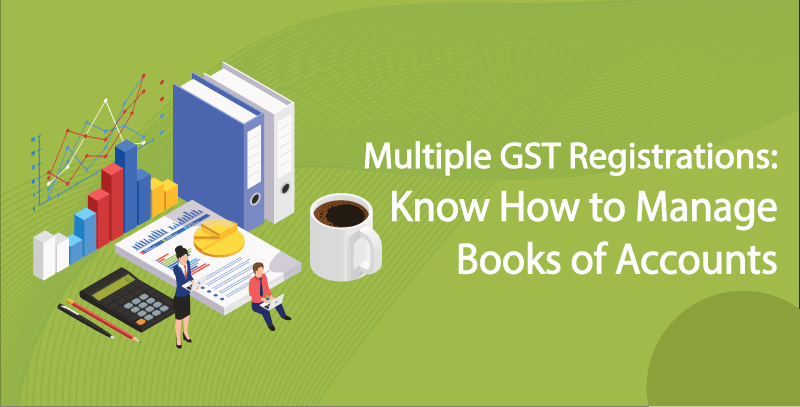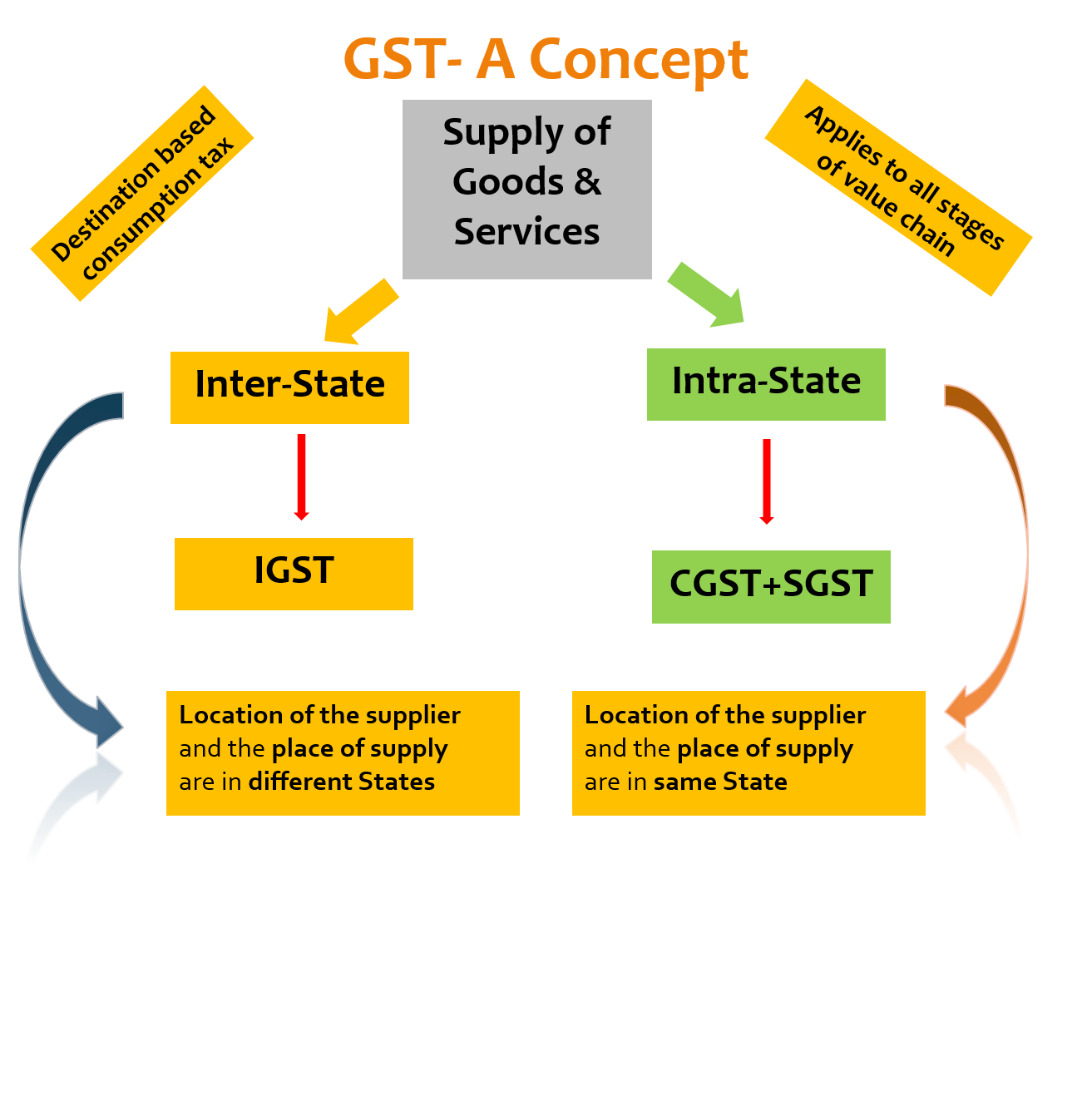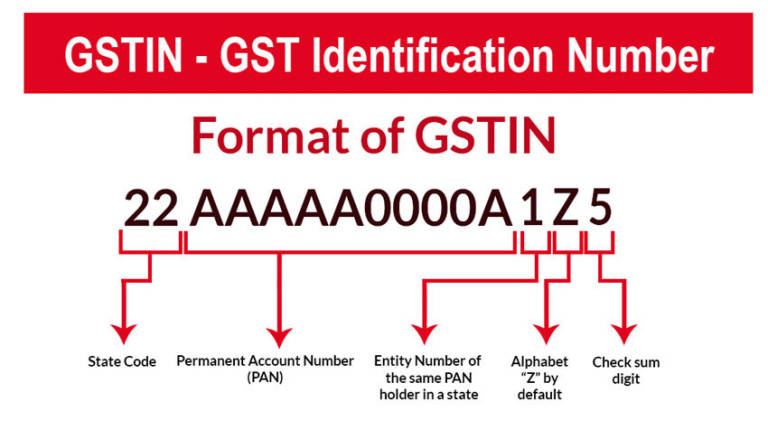How is the GST registration done for multiple states?
GST registration for multiple states Introduction The Goods and Services Tax (GST) is a unified tax imposed on the sale of goods and services across India. Businesses operating in multiple states must comply with state-wise GST registration to ensure seamless taxation and compliance. Understanding the GST registration process for multiple states is crucial for businesses… Read More »









